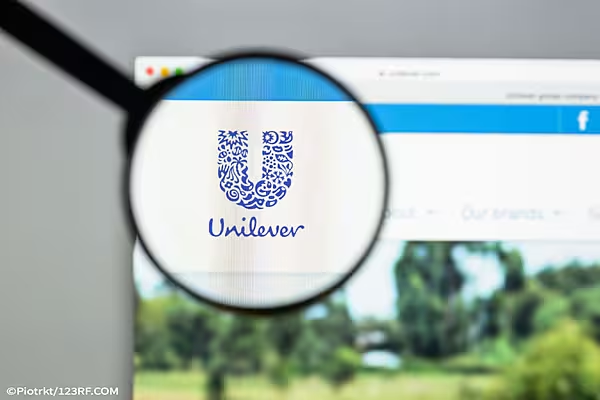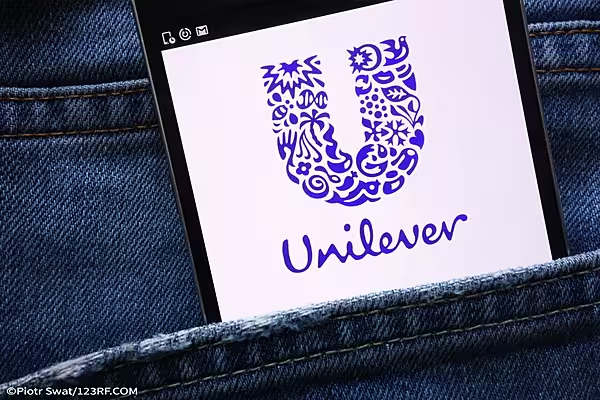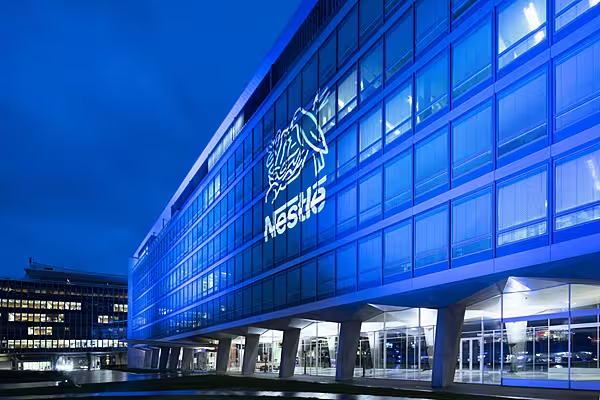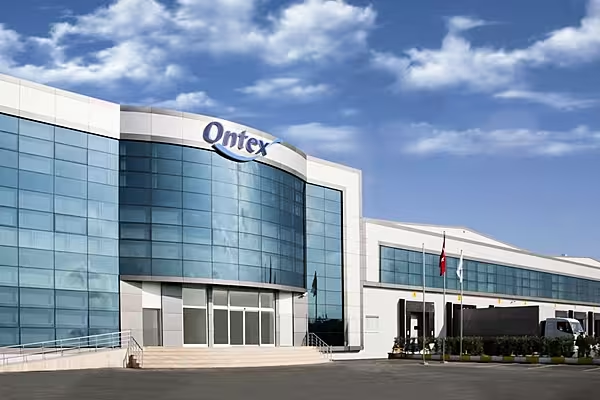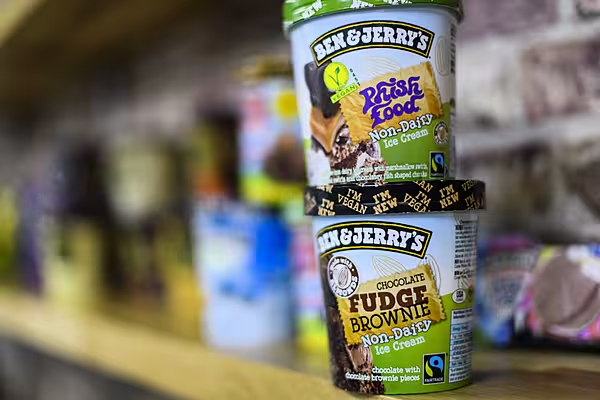FMCG giant Unilever has announced that it will broaden its 2016 commitment to 'Unstereotype' to address 'cancel culture' in the advertising industry.
The company believes that advertising could be the next victim of a wave of boycotts and 'cancel culture' sweeping across industries, ranging from film to football, that are regarded as not diverse and inclusive enough.
Unilever has launched the 'Act 2 Unstereotype' vision to make real, structural changes to the entire marketing process. It aims to provoke and integrate more diverse and inclusive thinking across every brand - from new product development to advertising production.
The company will challenge itself to create marketing, not just advertising, that will help the next generation of people be free from prejudice.
Stereotypes In Advertising
According to new research by Unilever and Kantar, one in two people from marginalised communities – people with disabilities, and Black, Hispanic, Asian, and LGBTQ+ people – feel that they have been stereotyped in some way through advertising.
The study found that 71% of respondents believe that media stereotypes are harming the younger generation, signaling the industry as the latest institution being called upon to step up or risk people boycotting their products and services.
Less than one in five respondents said that ads are representative of wider society, indicating an increasing disconnect with advertising.
The finding fuels concerns that advertising could consign itself to history if it does not rebuild its own image, Unilever added.
In March of this year, the company said it would remove the word 'normal' from its beauty and personal care products, as well as stop digital alterations of body shapes and skin colour of models used in its advertising in a push to be more inclusive.
'Transform The Messages'
Commenting on the findings, Tarana Burke, founder of The 'me too' Movement, said, "Society and consumers are telling brands out loud that they are hurting. This is the moment for the industry to show it listens to marginalised voices. Underrepresented people need to not just feel included but be included. This is what will transform the messages we hear, the images we see, the products we use, and how each of these are created.
"The ad world must lend its talents to lead true change in society. It must listen to the people who are leading these lives and these movements, and act on what is heard. When anyone feels represented in the mainstream, it has the power to fulfill the fundamental human need to be heard - one that the industry can actually help deliver on."
The research also showed that under-represented communities are impacted the most and are up to 30% more likely to be stereotyped than the general population.
A majority of Asian women (55%) of women believe that stereotypes in advertising don't represent them; 46% of men with a disability say they often see negative portrayals of people like them in ads, and 66% of LGBTQ+ aged 18-34 believe people from diverse backgrounds feature in ads' just to make up the numbers', the study said.
Act 2 Unstereotype
The Act 2 Unstereotype strategy will see Unilever provoke inclusive thinking across the end-to-end marketing process from consumer insight, brand DNA and proposition, marketing mix development, creative development, behind the camera and on-screen portrayals.
It will ensure an Unstereotype Charter for every Unilever brand, outlining the ED&I commitments the brand will deliver through its marketing.
The company will work with more diverse and under-represented groups on screen and behind the camera and eradicate any digital alterations to photography, including a 100% ban on changing models' body shape, size, proportion, or skin colour.
Chief brand officer and chief diversity and inclusion officer at Unilever, Aline Santos, said, "If we want to see systemic change in society, we need to see systemic change in our industry. Act 2 Unstereotype helps brands create a generation free from prejudice. Inclusive marketing is not a choice anymore; we must act now."
Last year, Unilever said it was considering marketing changes to its dominant line of skin lightening creams amid a growing global social media backlash against such products. Its India unit rebranded the skin-lightening cream 'Fair & Lovely' to 'Glow & Lovely,' after facing backlash that the name promoted negative stereotypes towards darker skin tones.
